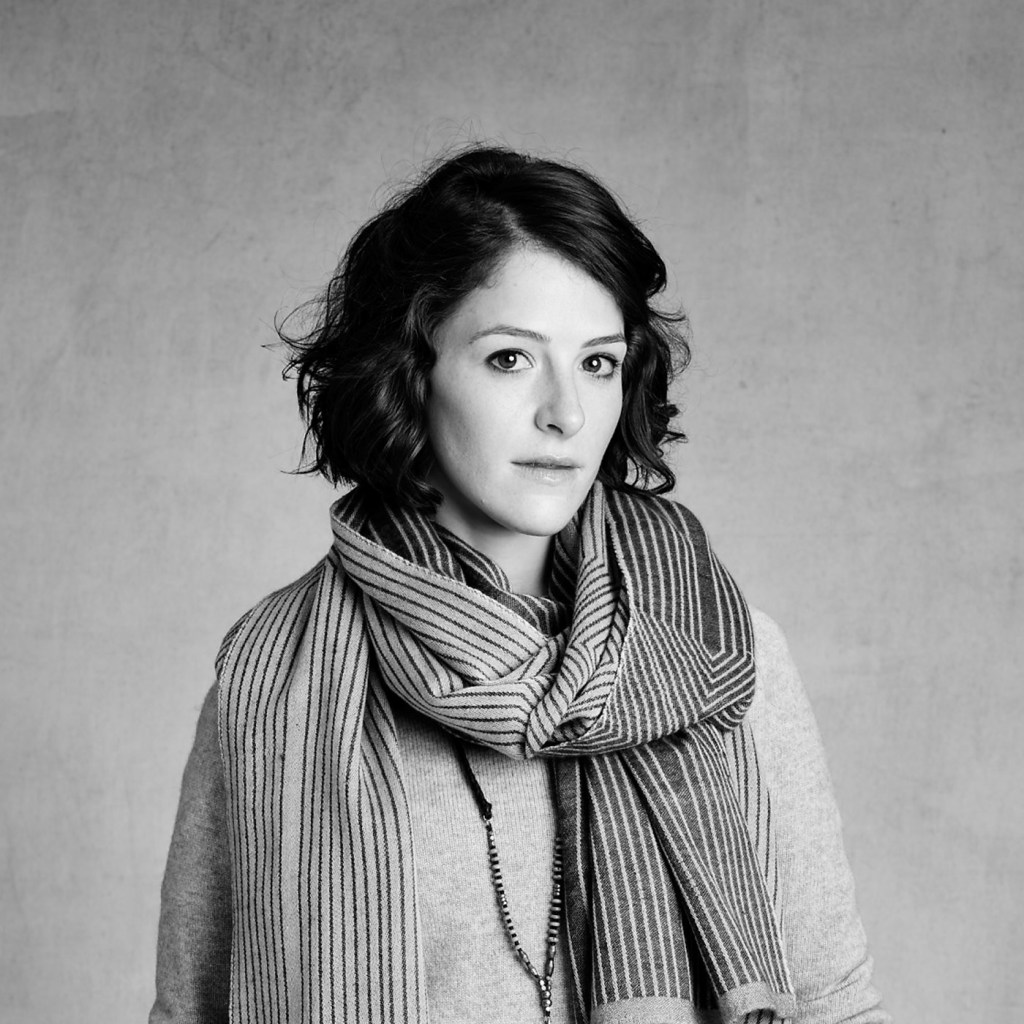The Fashion Mogul
Maxine Bédat
| Job: | Co-founder, Zady |
| Age: | 33 |
| Reps: | New York, NY |
| Follow: | @maxinebedat |

Green cred: In 2013, Bédat and co-founder Soraya Darabi launched Zady as an e-commerce site for climate-conscious clothing. Their intent was spot-on: According to Bédat, the apparel industry is responsible for 10 percent of the world’s carbon emissions, and is the second-greatest contributor to global freshwater pollution. But Bédat and Darabi quickly realized that even the eco-minded brands they were selling on Zady weren’t entirely sure where their cotton was farmed — so they decided to start a line of their own.
“What we wanted to do was [to] create a product where we know the supply chain from the farm all the way through,” says Bédat. “And from that, really learn and understand how to do things sustainably along the way.” From there, they developed what they’ve dubbed “The New Standard,” a comprehensive, step-by-step model for apparel companies looking to create a truly sustainable garment.
“It starts with designing for timelessness.”
What to expect in 2016: Bédat will further develop and refine “The New Standard,” and make the guidelines they’ve developed open to the public. She also wants to change how we talk about problems in the apparel industry: “If we just came along and said, ‘The industry is horrible, and your clothing is bad,’ it’s like: Meh, I don’t want to engage in that. We’re not shy of discussing what the problems are, but [we’re doing it] within a framework of ‘this is what you can do,’ which I think is an important way to communicate with our generation.”
Good design = green: “It starts with designing for timelessness,” says Bédat. “if you can get people to buy and love their pieces for a long time, the impact of the entire [garment] shifts.” And trust us: Zady clothes are actually cute.
For those who think fashion is frivolous: Bédat started out at the U.N., followed by law school and a stint on the Rwandan Criminal Tribunal. She got into the sustainable apparel game, she says, because she saw how it so clearly touched both human rights and environmental issues: “We matched up the [U.N.] Millennium Development Goals with how the apparel industry impacts each one. And it’s crazy — on every single component, there is significant overlap.”
